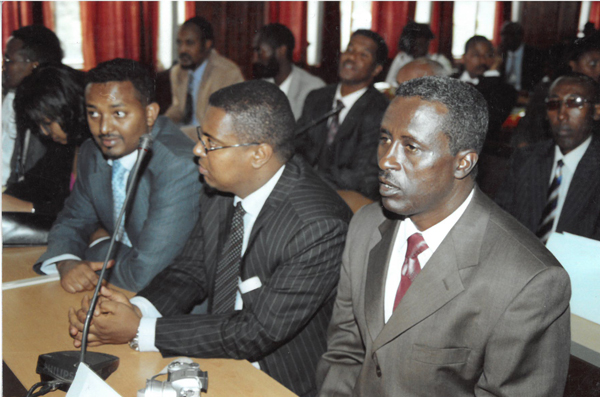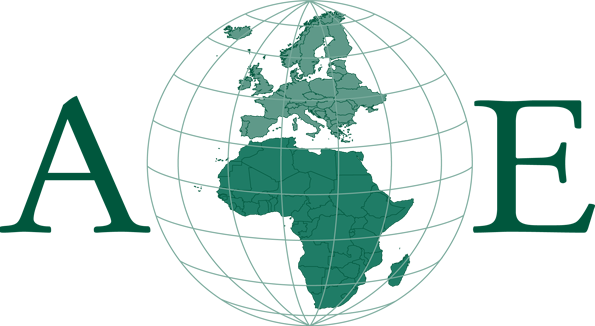
History
The original idea for the establishment of AEPICA sprang from the founders’ experience with the design and implementation of capacity and human resource development in Africa. Responding to a request from the Ethiopian authorities and the Dutch Development Cooperation in 1992, Professors Dr. Peter Malanczuk, Dr. Gerd Junne and Dr.Haileselassie Gebreselassie of the University of Amsterdam, drew up a capacity building plan to provide tailor-made programs for diplomatic staff of the Ethiopian Ministry of Foreign Affairs. Their successful completion ushered in a period of a quarter of a century dedicated to the implementation of numerous pioneering
capacity building programs in Ethiopia (1992-2016). Spurred by the lack of trained human resources and weak institutional capacity, this vision arose
from the Ethiopian experience following the downfall of the military regime in 1991 and the seizure of power by the Ethiopian Peoples Revolutionary Democratic Front (EPRDF).
In spite of the implementation of a series of capacity building programs for personnel drawn from several Ethiopian governmental institutions, other African countries too experience institutional difficulties, fragile governance structures and the rule of law consequently remain weak. Consensus, therefore, emerged that such programs should be placed into a broader institutionalized context taking account of the concepts of partnership, sustainability so as to enhance policies of African economic and political integration. Consequently, it was decided in 2007 to formally establish AEPICAB as an independent legal entity linked with several European Universities and research institutes.
AEPICAB will mainly focus on finding ways to help overcome difficulties related to the institutionalization of democracy, the rule of law and accountability in Africa through tailor-made capacity building programs.
Objectives and Policies
AEPICAB’s principal objective is to assist with the establishment of novel participatory structures and relevant programs capable of improving and upgrading the quality and efficiency of existing programs to enhance both individual and institutional skill levels in Africa. In accordance with its stated partnership-based principles and objectives, AEPICAB carefully plans, designs and executes trainings, courses and research programs on relevant areas focused on improving national institutions of governance, rule of law and justice. AEPICAP’s capacity development plans are largely an interactive process in partnership with stakeholders, and the activities are result oriented, sustainable and, eventually, empowering. Furthermore, AEPICAP aims to contribute to the development of national governance institutions
and of their accountability by providing consultancy initiatives and advisory services on a range of issues affecting institutions of African societies. AEPICAB also facilitates discussions on current and future strategic initiatives on issues relevant to the improvement and sustainability of governance and the rule of law.
